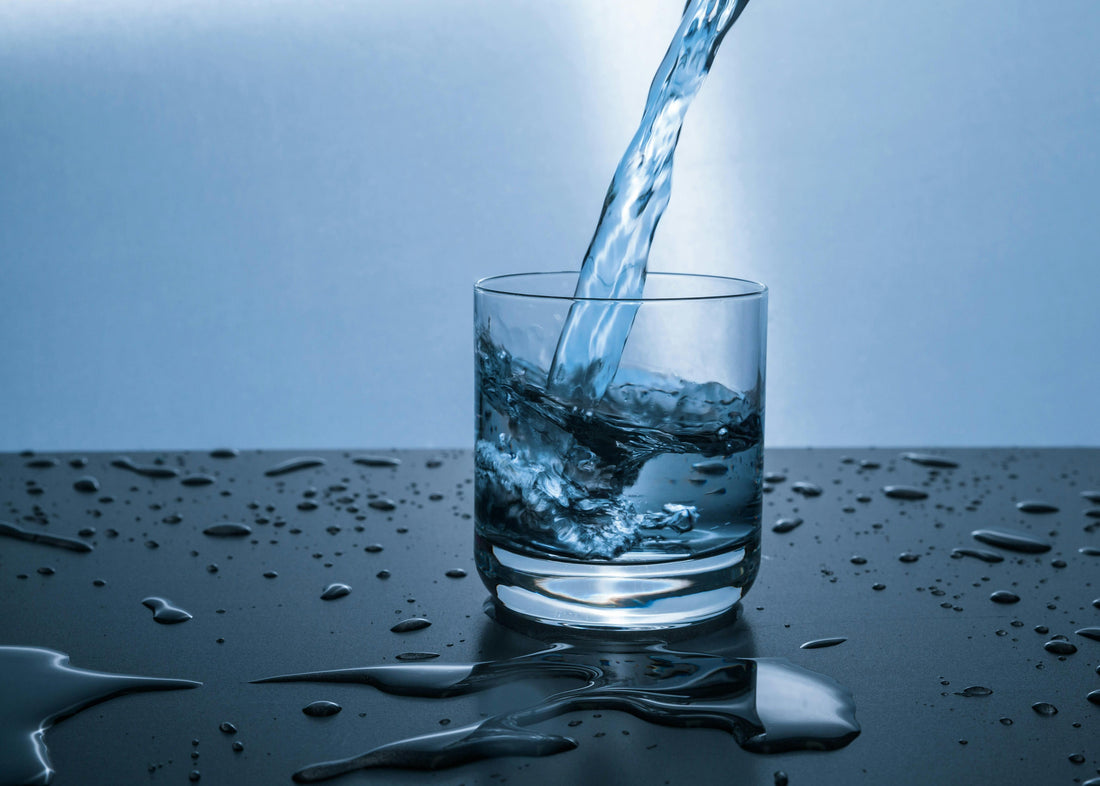
Why staying hydrated matters more this summer
Share
As summer approaches and temperatures are expected to soar—possibly exceeding 50°C in parts of India—staying hydrated is no longer just good advice; it’s essential for health and survival. With rising heat and humidity, the body loses more fluids through sweat, increasing the risk of dehydration and related complications. Yet, many people in India still don’t drink enough water daily, putting themselves at risk for a host of preventable issues.
Water: The Essential Yet Overlooked Nutrient
Water is the foundation of life. It makes up about 75% of an infant’s body weight and around 50% in adults. More than just quenching thirst, water supports a variety of crucial bodily functions—digestion, blood circulation, temperature regulation, and waste removal. When hydration levels fall, the body cannot function efficiently, leading to fatigue, headaches, and in severe cases, kidney damage or cardiovascular stress.
In India, where the summer months are intense and humid in many regions, failing to hydrate adequately can quickly lead to heat exhaustion or heat stroke, especially in vulnerable populations such as children and the elderly.
The Health Benefits of Proper Hydration
Drinking enough water daily offers more than protection from dehydration. It supports key physiological systems and may help reduce the risk of chronic conditions. Benefits include:
- Lowering blood pressure – Water helps flush out excess sodium, easing the workload on the kidneys and heart.
- Regulating body temperature – Adequate hydration improves blood circulation and helps the body cope with extreme heat.
- Enhancing kidney function – Water dilutes waste materials and supports the elimination of toxins, reducing the risk of kidney stones and urinary tract infections.
- Supporting digestion and gut health – Hydration aids nutrient absorption and maintains a healthy digestive tract.
How Much Water Do You Really Need?
International guidelines recommend 2.5–3.7 liters per day for men and 2–2.7 liters for women. However, these figures should be adjusted based on activity level, climate, and diet. In India’s hot environment, higher fluid intake is often necessary, particularly for outdoor workers, athletes, or anyone exposed to prolonged heat.
Can Drinking More Water Protect Your Kidneys and Heart?
Emerging research suggests that consistent water intake may help in reducing blood pressure and maintaining kidney health. In one study, individuals who increased their water consumption experienced:
- A reduction in blood pressure
- Lower concentration of waste products in the blood
- Improved hydration and better circulation
These changes are especially relevant for older adults, who are more prone to dehydration and chronic kidney issues. Water may not be a cure, but it’s a protective factor that supports other treatments.
Smart Hydration Habits for Summer
To stay hydrated effectively:
- Start your day with a glass of water
- Sip throughout the day instead of gulping large amounts at once
- Eat water-rich foods like fruits, vegetables, and coconut water
- Pay attention to signs like dark urine, dry skin, or fatigue
Final Thoughts
Staying hydrated may seem like a simple habit, but in the context of India’s extreme summers, it becomes a powerful act of self-care. Water supports blood pressure regulation, kidney function, temperature control, and overall well-being. While it’s not a cure-all, making hydration a priority can help you stay healthy, energized, and protected from heat-related illnesses.
Study Reference: https://pubmed.ncbi.nlm.nih.gov/32340375/
